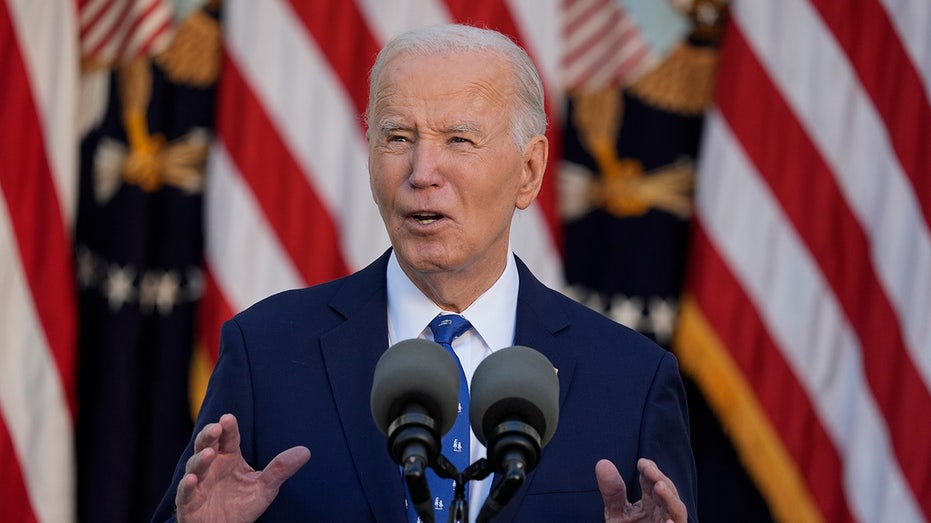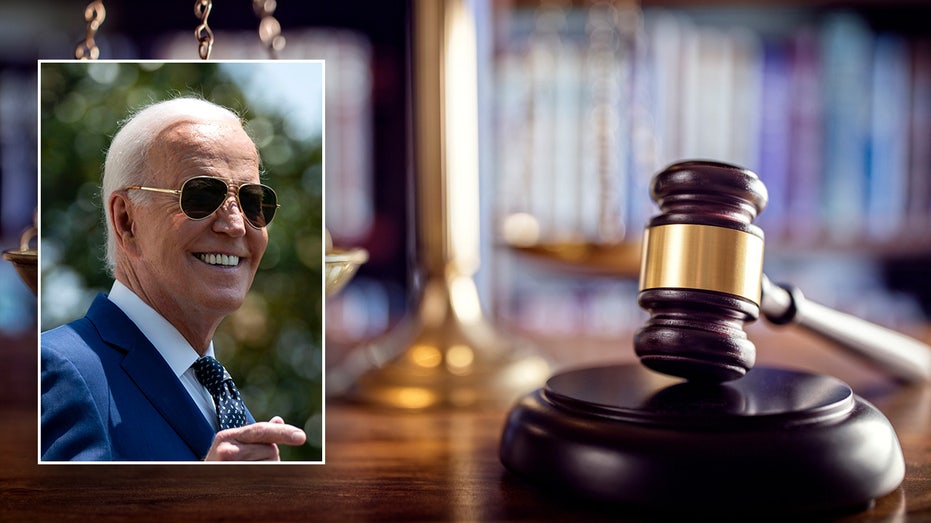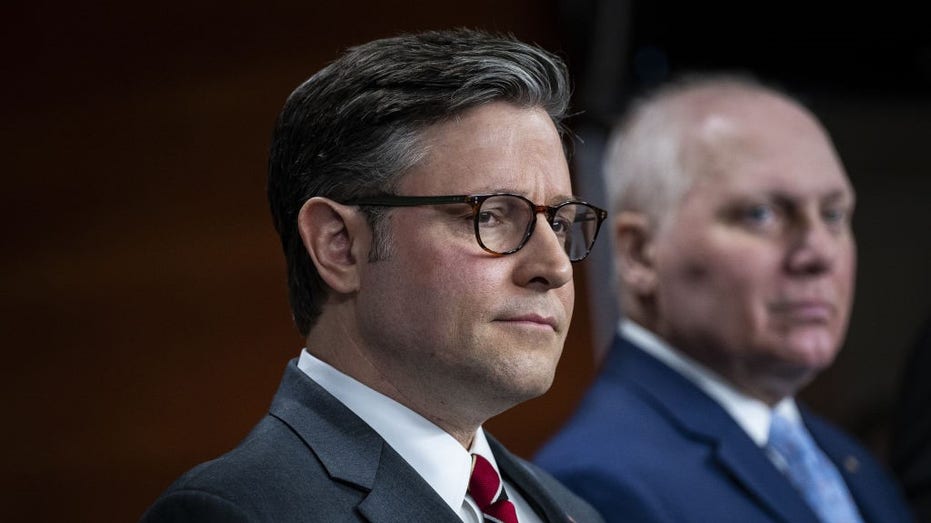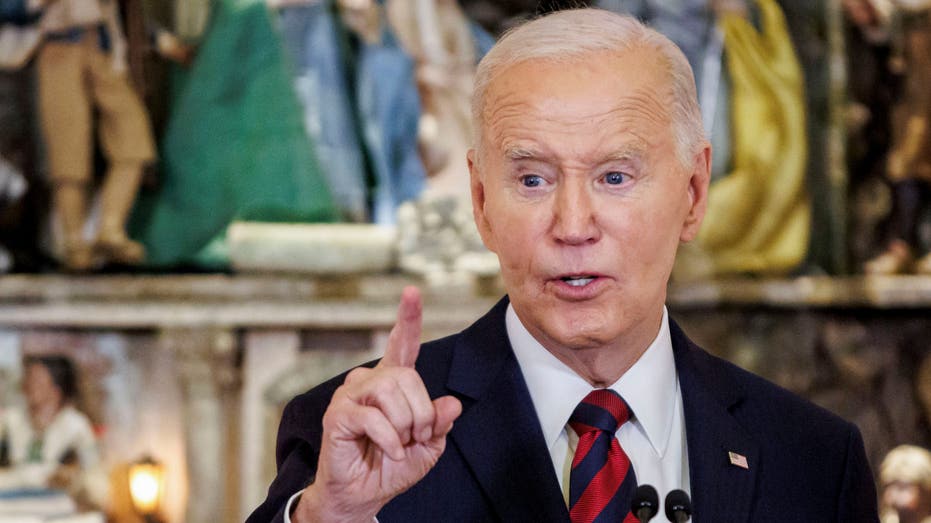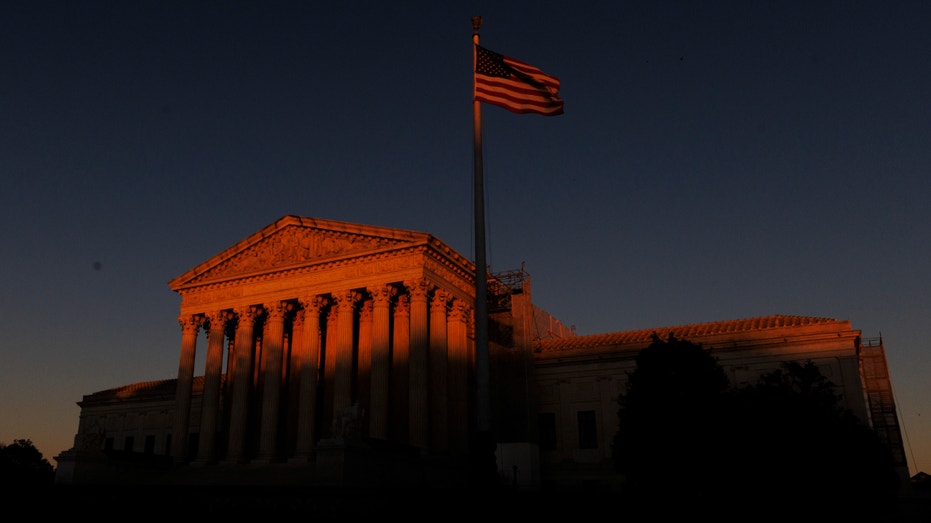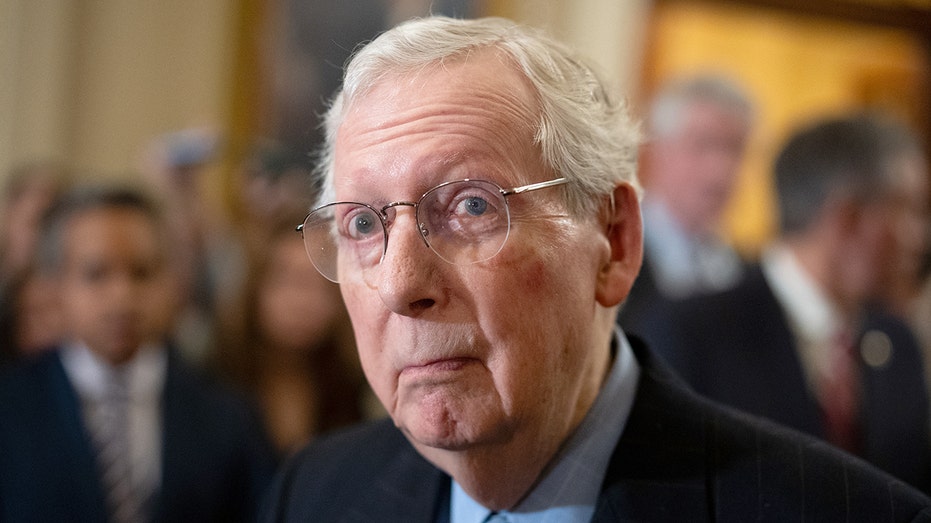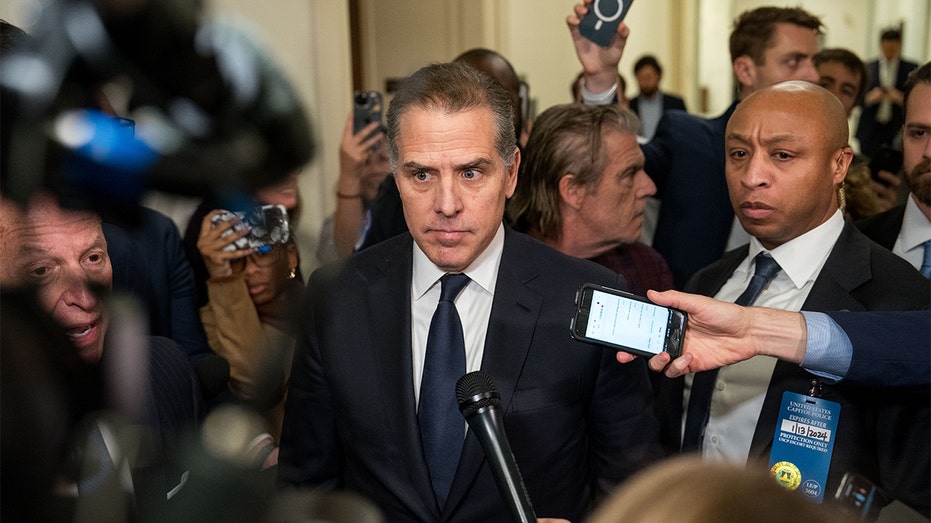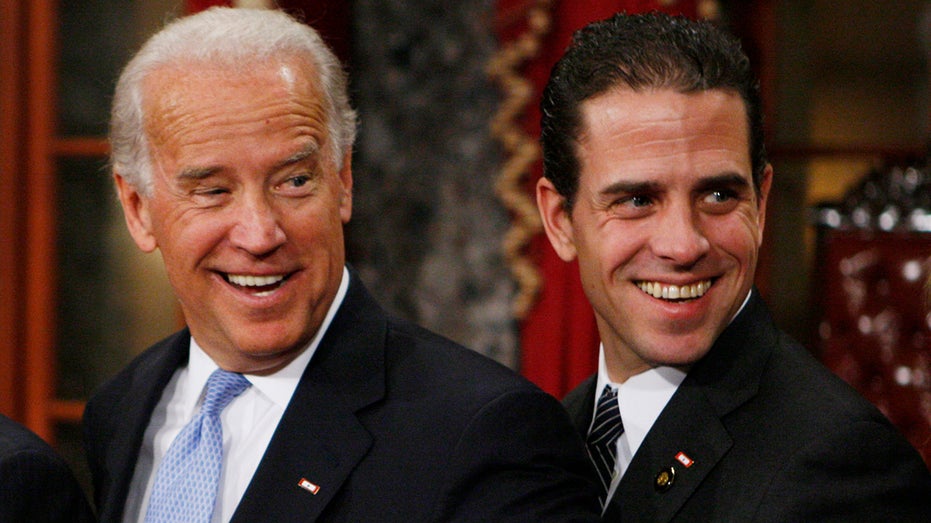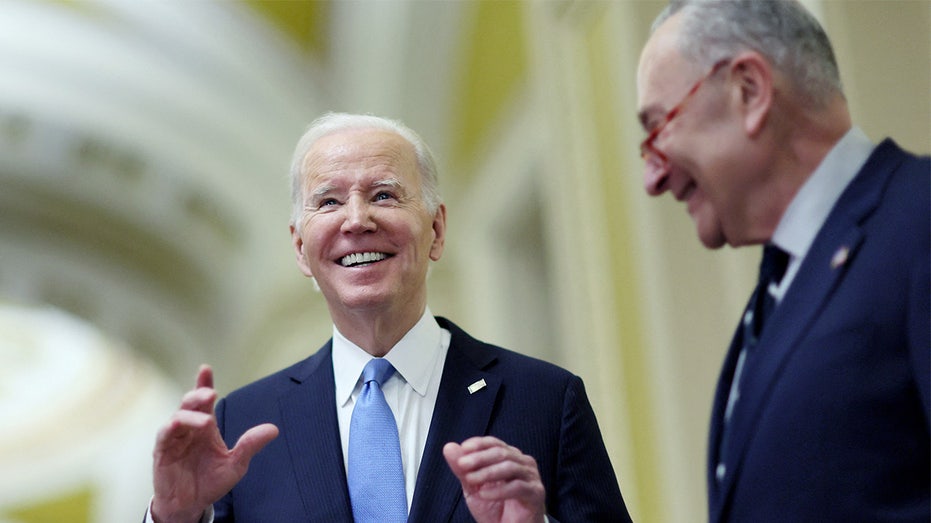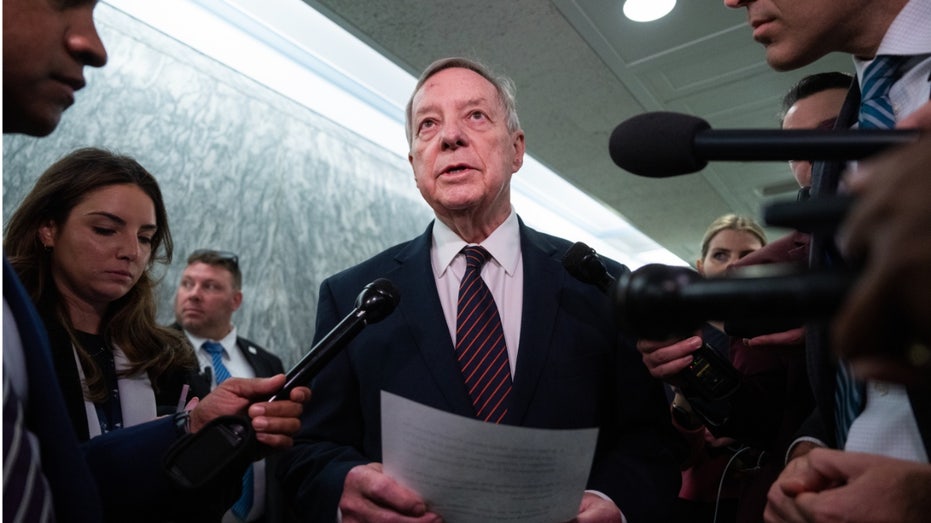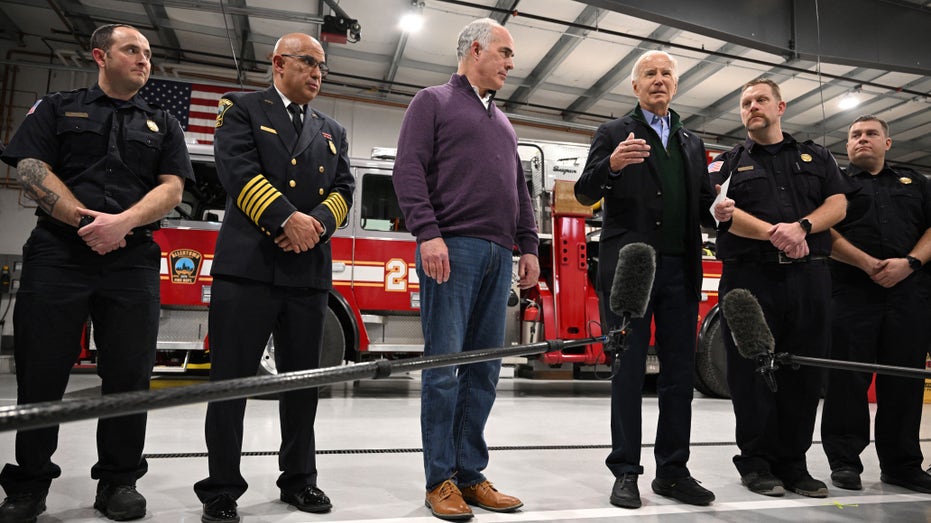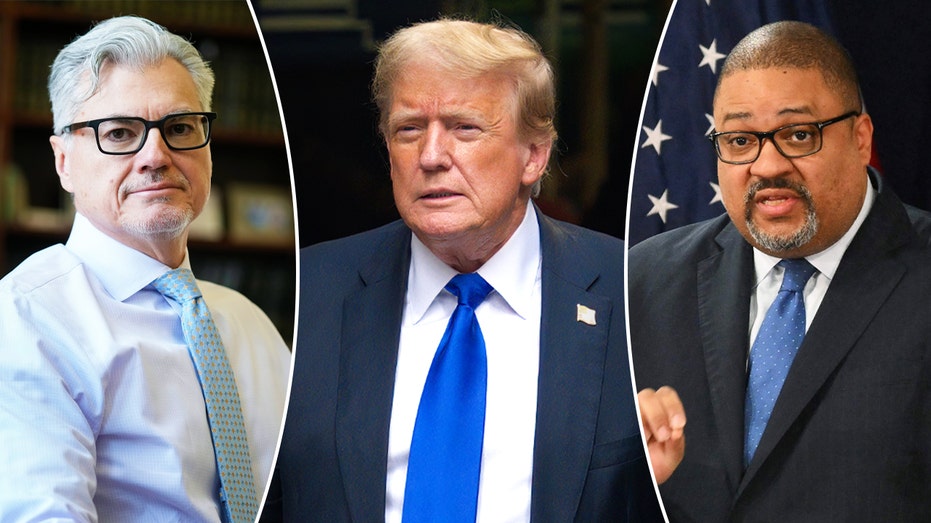Justice Jackson's role in 'queer' Broadway show 'really reckless' as court weighs trans case: legal expert
Just days after Supreme Court Justice Ketanji Brown Jackson appeared in a "queer" Broadway spinoff of "Romeo and Juliet," critics are questioning whether her involvement could compromise her impartiality as the court considers a landmark case about banning transgender surgical procedures for minors.
"I think it's a huge mistake for federal judges, especially Supreme Court justices, to engage in activities that clearly put the stamp of approval on an ideological position regarding issues that could come before the court, which is practically the definition of a threat to their impartiality, the appearance of impropriety," Heritage Foundation senior legal counsel Thomas Jipping told Fox News Digital in an interview.
"It's unusual for judges to do this sort of thing under any circumstances. But I suppose if this was ‘Romeo and Juliet,’ if this was some recognized, established classic or something, it might be different. But this is obviously an advocacy production, so for a Supreme Court justice to participate in advocacy on an issue that is currently in the courts, and at least broadly speaking, before her, I think it's a huge mistake," he said.
LIBERAL SUPREME COURT JUSTICE MAKES ‘CRINGE’ CAMEO PERFORMANCE ON BROADWAY
The musical, called "& Juliet," features prominent LGBTQ+ themes and nonbinary characters. The musical begins where Shakespeare's original ends. Instead of dying by suicide for love, Juliet chooses to forge her own path, challenging traditional gender roles. On its website, "& Juliet" is described as a "hilarious new musical" that "flips the script on the greatest love story ever told."
Juliet's best friend, May, is a nonbinary character whose queer relationship is prominently featured and explored throughout the musical.
Jackson joined the Broadway cast, which includes TikTok star Charli D’Amelio and other Broadway performers, for a one-time performance at New York’s Stephen Sondheim Theatre on Saturday night, becoming the first Supreme Court justice to perform on Broadway.
"& Juliet" was written by David West Read, best known for his work as a writer and producer on the TV show "Schitt’s Creek." The musical premiered in November 2019, at the Shaftesbury Theatre in London's West End. Its Broadway debut followed in November 2022, at the Stephen Sondheim Theatre in New York City.
LEFT-LEANING JUSTICES COMPARE SEX CHANGES FOR KIDS TO TAKING ASPIRIN DURING SCOTUS ARGUMENTS
Liberals have criticized several conservative Supreme Court justices in recent years over ethical concerns, fueling calls for stricter oversight.
Justice Clarence Thomas has faced scrutiny over his wife’s political activism. Justice Samuel Alito has been criticized for failing to disclose luxury trips funded by wealthy donors with business before the court, while Justice Amy Coney Barrett has drawn attention for her ties to religious groups and their potential influence on cases involving LGBTQ+ issues and abortion. Justice Brett Kavanaugh has also faced criticism over his confirmation process and past financial disclosures.
"For two, three years now, liberals have been complaining about actions by Supreme Court justices that they say undermine the public's confidence in the impartiality of the judiciary," Jipping said. "Liberals in Congress want an enforceable code of conduct. I wonder what they say about this."
"Participating in an advocacy, in an exercise of advocacy, for a position on issues that come before the Supreme Court is an egregious violation of that principle in the code of conduct regarding impartiality. I don't think there's any question about that," he said.
Jackson wore jeans and an all-blue costume with a corset and a flowery hat. In one clip of the performance posted by the production's social media account, her character excitedly exclaims, "Female empowerment, sick!," and in another, she sings the Backstreet Boys’ "Show Me the Meaning of Being Lonely."
The "& Juliet" marketing team said in an Instagram post announcing the cameo that Jackson’s performance fulfilled a lifelong fantasy of her "becoming the first Black, female Supreme Court justice to appear on a Broadway stage."
'THE PENDULUM IS SWINGING': EXPERTS WEIGH IN ON HISTORIC SCOTUS TRANSGENDER CASE AMID ORAL ARGUMENTS
"She should stay on her side of the bench, and judges should protect their impartiality and the appearance of impartiality more, not less. And this, this was really reckless, in my view," Jipping added.
This isn’t the first time a Supreme Court justice has stepped into the spotlight of the performing arts. In 1994, Justices Antonin Scalia and Ruth Bader Ginsburg appeared as supernumeraries – non-speaking, background roles – in a Washington National Opera production of "Ariadne auf Naxos."
The two, known for their ideological differences but close personal friendship, shared a love of opera.
CLICK HERE TO GET THE FOX NEWS APP
Earlier this month, SCOTUS heard oral arguments in the U.S. v. Skrmetti case. The court's decision could have sweeping implications, potentially shaping future legal battles over transgender issues, such as access to bathrooms and school sports participation. The court will resume arguments in January and a decision is expected by July 2025.
The Supreme Court's press office did not respond to Fox News Digital's request by press deadline.
Fox News Digital's Peter Pinedo contributed to this report.



